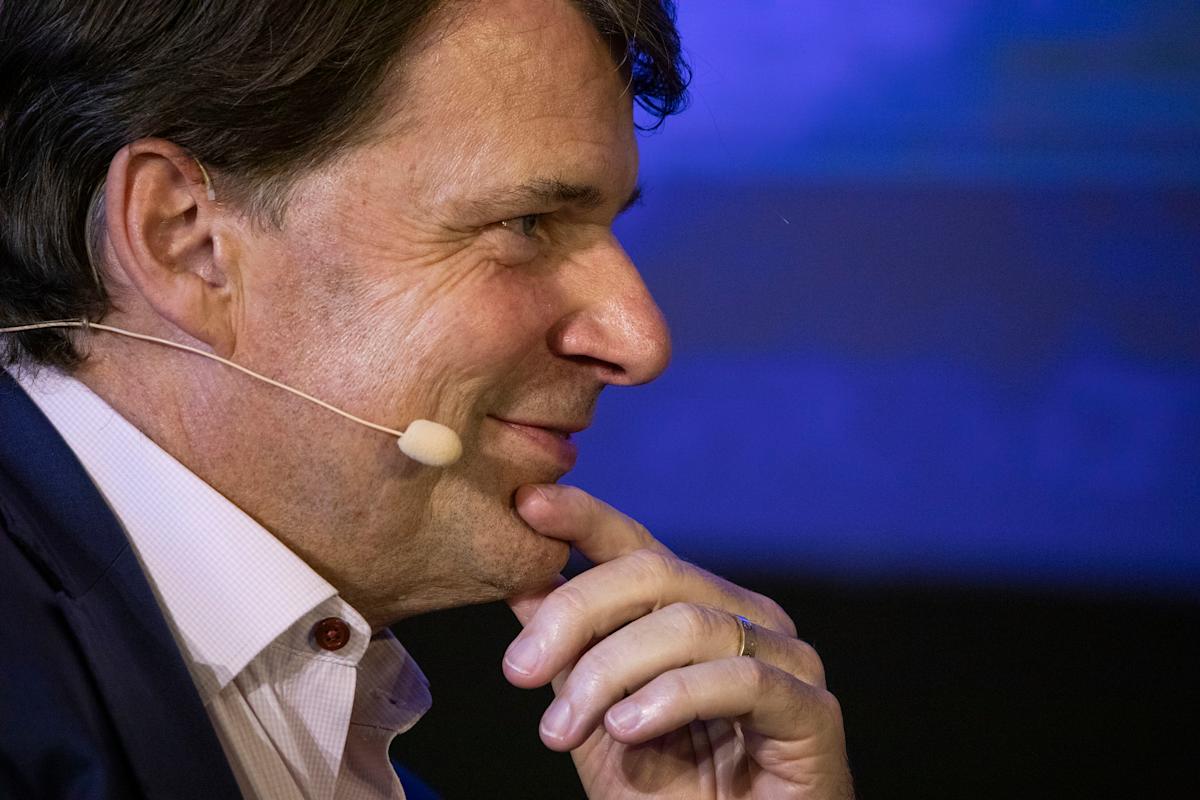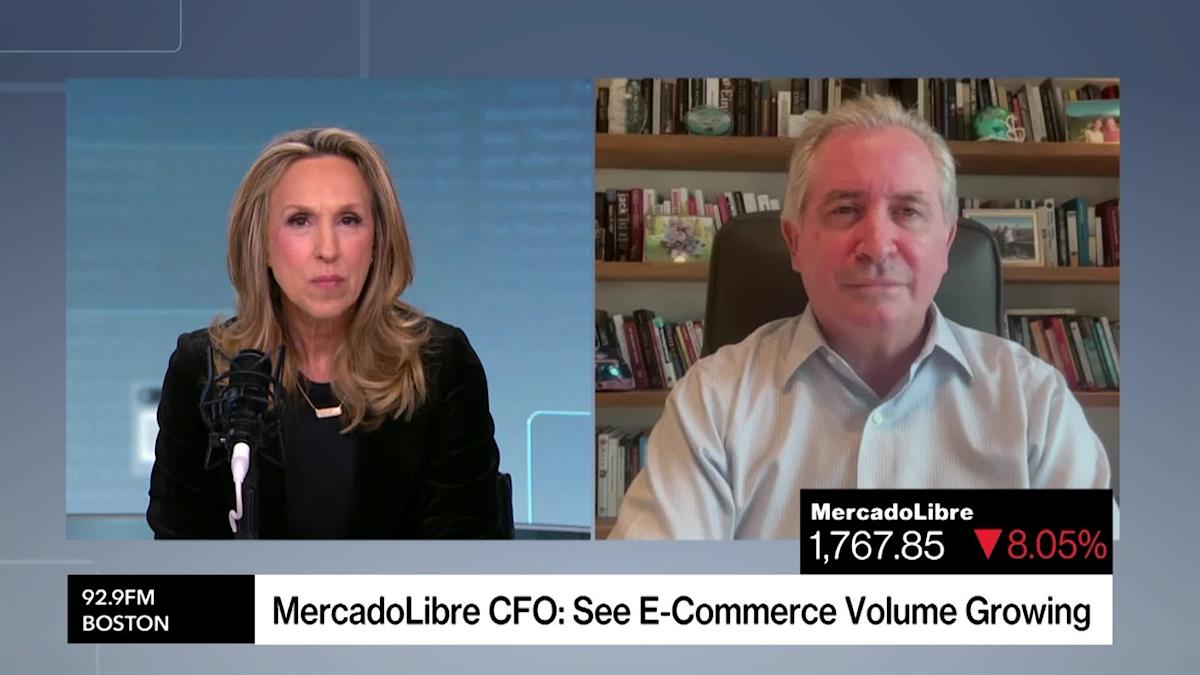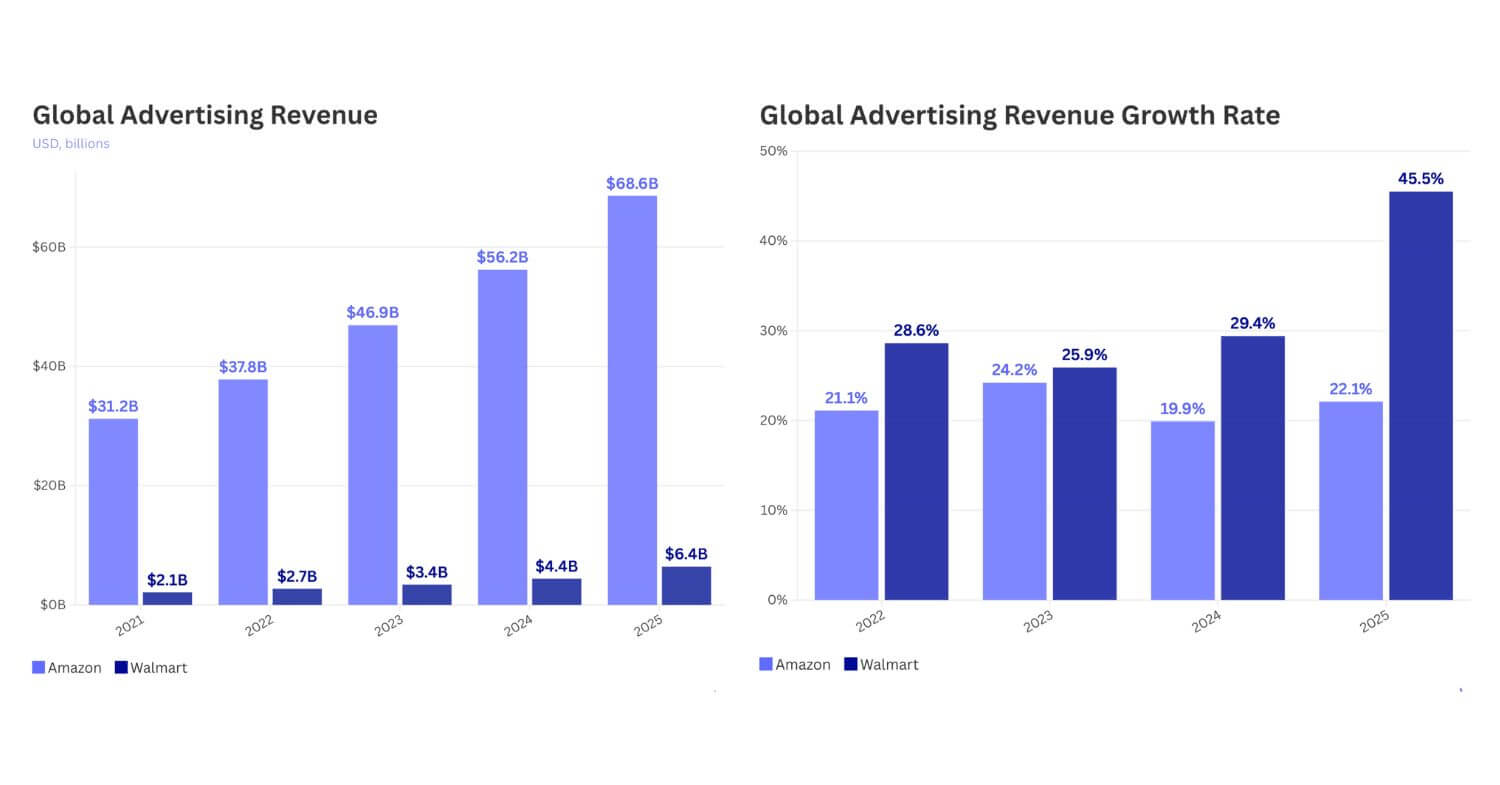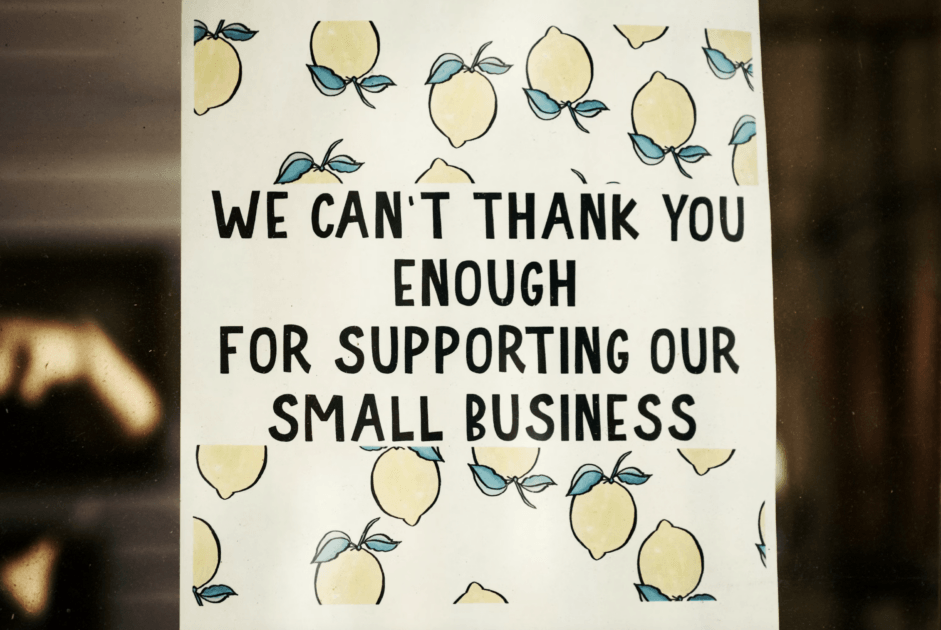US CEOs are bracing for the fallout from President Trump’s proposed tariffs.
“They’re concerned,” KPMG CEO Tim Walsh said on Yahoo Finance’s Opening Bid. “CEOs are needing to react as it relates to their tariffs [and] their supply chains. They’re doing cost takeout to react to that additional cost.”
Read more: What Trump’s tariffs mean for the economy and your wallet
According to KPMG’s latest US CEO Outlook survey, which polled 400 chief executives at companies with at least $500 million in annual revenue, “86% said their organization will increase prices for their goods and services as needed.” Walsh noted that companies are “taking pricing decisions depending on what their consumers can absorb.”
The survey findings come as Trump sharpens his trade stance. On Monday, he announced a new 25% tariff on all medium- and heavy-duty trucks imported to the US, set to take effect Nov. 1. The move, announced via a Truth Social post, further marks his push to protect domestic manufacturing. Mexico is the largest exporter of these trucks.
KPMG’s report highlights that tariffs could squeeze profits, disrupt supply chains, and ultimately push prices higher for American consumers.
“89% said tariffs will significantly impact their business performance and operations over the next three years,” KPMG found.
In response, 85% of CEOs said they’re already adjusting sourcing strategies to blunt the impact, largely by shifting more production and materials to the US. Those adjustments are playing out across industries — including retail, technology, automotive, and manufacturing.
In April, Trump’s “Liberation Day” tariffs marked a sweeping shift in US trade policy. A 10% baseline duty now applies to most imports, with higher “reciprocal” tariffs targeting countries with larger trade surpluses. China faces rates above 30%, while Brazil and India see 50% tariffs on select goods. The European Union settled on a 15% rate under an August 2025 agreement.
Additional product-specific tariffs include 50% on steel, aluminum, and semi-finished coppers and 25% on automobiles and parts. The US also ended its “de minimis” exemption, meaning all imports — even low-value packages under $800 — are now subject to duties and fees.
Ford (F) CEO Jim Farley previously told Yahoo Finance at Ford’s Pro Accelerate conference in Detroit that tariffs were preventing the American automaker from “investing even more in the US,” citing a $2 billion headwind.









